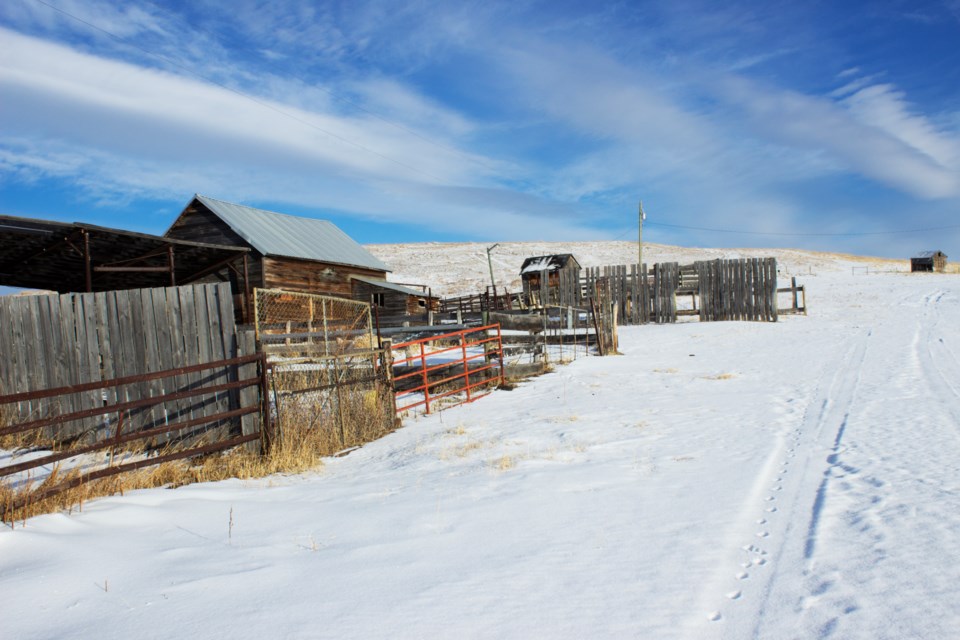The Government of Alberta's introduction of Bill 26 may be appealing to some local ranchers, but has raised concerns for the Alberta Federation of Labour.
The new bill, announced Nov. 20, will repeal the Enhanced Protection for Farms and Ranch Workers Act, commonly referred to as Bill 6.
“Bill 6 was a repressive, imposing, expensive, and impractical approach to farm safety and working conditions,” said Tim Harvie, a grain farmer who ranches in the Cochrane area. “Farm safety is of the utmost importance on all good farming operations. The new Act provides for choice and practical alternatives to achieve farm safety and working conditions.”
However, Alberta Federation of Labour president Gil McGowan sees Bill 26 as a “giant step backward” for farm, ranch and agricultural workers in the province.
“Bill 26 will make farm and ranch workplaces less safe,” he said in a press release.
The bill will impact employment standards, labour relations, occupational health and safety, and workers’ compensation.
Under the new regulations, farms and ranches with five or fewer employees – not including family members and employees who work less than six months consecutively – are exempt from all employment standards. Those with more than five waged, non-family employees are required to meet employment standards, with some exceptions. Operations can include nurseries, greenhouses, mushroom and sod.
“Removing mandatory worker’s compensation coverage sets a horrible precedent," McGowan said. "Albertans will no longer be able to track farm and ranch injury rates for the province and farms with private insurance will be at risk for lawsuits.”
Additionally, farms and ranches are now exempt from the Labour Relations Code, while farms and ranches with waged, non-family workers are still required to meet basic safety standards under the Occupational Health and Safety Act. With respect to worker’s compensation, farms and ranches with more than five waged, non-family employees are required to have workplace insurance of their choosing.
Labour relations changes are effective as of Nov. 20, while other changes will take effect Jan. 31, 2020.
“All farm operations will benefit from the proposed changes,” Harvie said. “Applying the Labour Relations Code to farming and ranching just doesn’t work for us. Hours of operation are often dependent on the weather and job at hand. Punching a clock does not work.”
However, McGowan did not see the Labour Relations Code exemption as a positive. Instead, he said the move will hurt farm and ranch workers as they will lose their right to collectively bargain and form a union.
For Harvie, the Act is a positive change and he said he feels the government handled the legislation “correctly” by consulting with participants in the industry, including organizations he belongs to.
“As long as the Act provides for affordable and practical choice in achieving farm safety and good working conditions, I have no further concerns,” he said.



